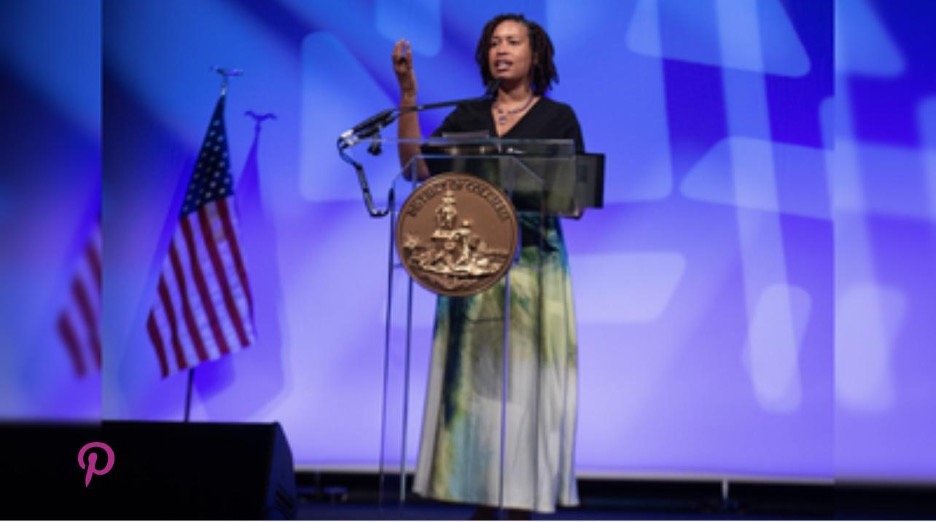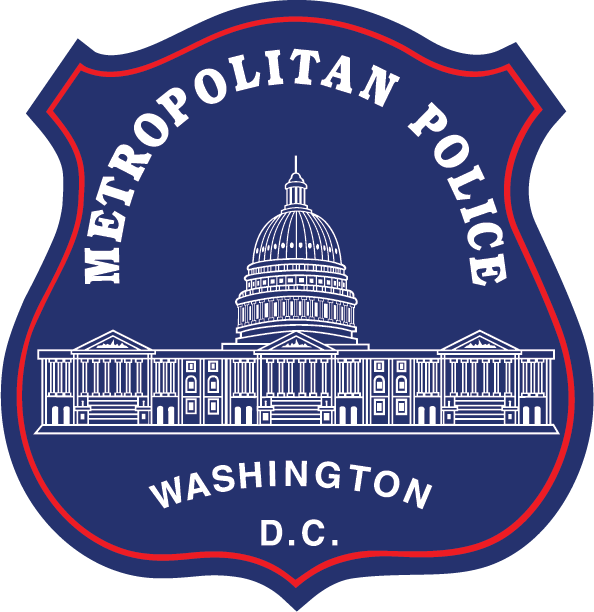
DC Emancipation Day Celebrates 161 Years Of Freedom
APRIL 16, 1862 MARKED THE END OF SLAVERY IN THE NATION’S CAPITAL. FROM A HISTORIC PARADE TO CONCERTS AND FIREWORKS, HERE’S HOW ITS BEING CELEBRATED.

On April 16, 1862, former President Lincoln signed the act, which also compensated former slaveholders for each free person and offered newly freed men and women money to relocate. The widely known Emancipation Proclamation, which freed enslaved people in the south, was not signed until the following year, in 1863.
Every year, the nation’s capitol commemorates this legislation and the courage of those who fought to make it a reality in a major way with an entire weekend of celebrations.
“This weekend’s festivities are not only a celebration of DC’s leadership in ending slavery but an opportunity to remind our country of how far we’ve come, how far we must go, and highlight the need for DC to become the 51st state,” says LaToya Foster, Director of the DC Office of Cable Television, Film, Music and Entertainment (OCTFME).
On Friday, Mayor Bowser and her administration helped kick off the festivities at the Full Democracy Champions luncheon under the theme “Defending DC Values.” The District continues the celebration on Saturday with the annual Emancipation Day parade down Pennsylvania Avenue, followed by a free concert and fireworks at Freedom Plaza, including performances by R&B sensation Dru Hill, hip-hop legend Rakim and Grammy-nominated gospel artist JJ Hairston
A fun family day at Black Lives Matter Plaza is planned for Sunday, featuring free fitness classes and games as well as Gospel, R&B, and Go-Go artists, showcasing the rich cultural heritage of Washington, DC. The festivities will culminate on Monday with a celebration at the National Museum of African American History and Culture.
The District of Columbia Compensated Emancipation Day has been a public holiday since 2005. A local commission was formed in 2008 to plan and implement programs highlighting the history, culture, heritage, customs, and traditions of the African American experience in overcoming the legacy of slavery following the passage of this historic act.
